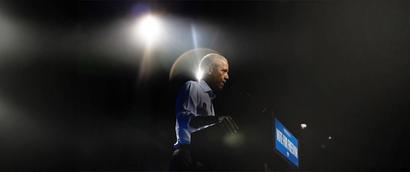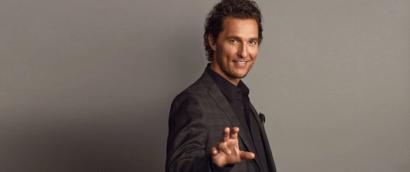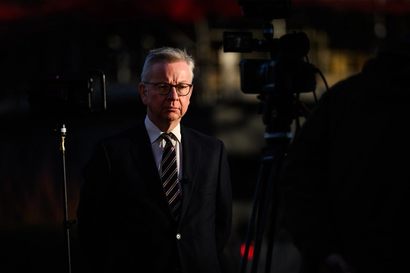
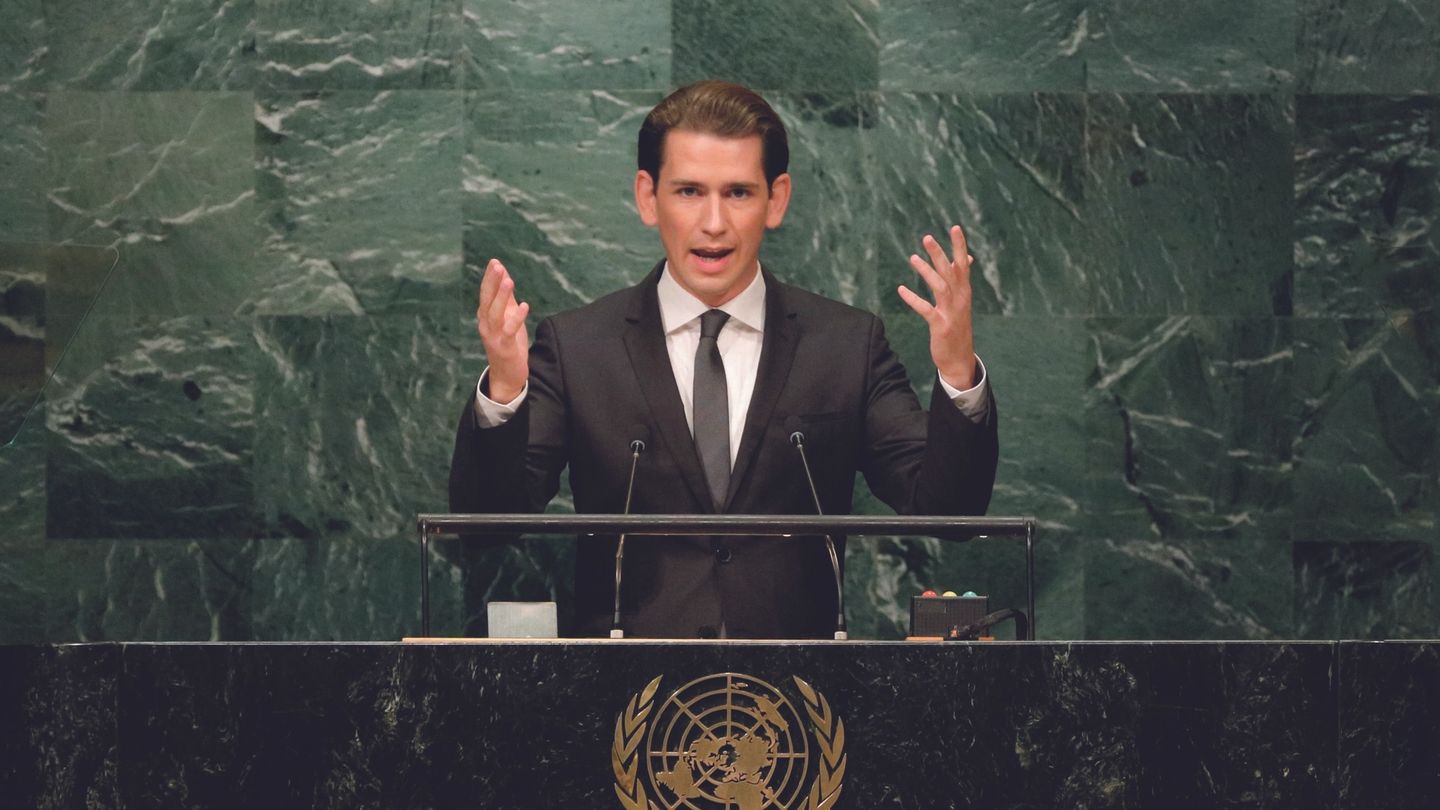
Baby Trump: The remarkable rise of Sebastian Kurz
At just 31 years old, the new Chancellor of Austria has seen a swift political rise. But is everything as it seems?
- Words: Emily Hill
Ordinarily, when a hot young politician sweeps to victory on the popular vote – think Obama, think Trudeau, think Macron – we all hug each other and get terribly excited and whoop that change is going to come. But when, last autumn, Austria ushered in a political prodigy so youthful he’d be declared ineligible as a US presidential candidate, we gasped collectively instead, and began to wonder what the hell had just happened.,
This, surely, was worse than Trump, the commentators cried. At least when The Donald espoused right-wing rhetoric he fell short of actually forming a coalition with ex-neo-Nazis. The morning after the election result the German satirical magazine Titanic summed up the sentiment with a single tweet: ‘Time travel in Austria – it’s finally possible to kill baby Hitler.’
A young Kurz, on the verge of his precipitous rise to power
You couldn’t predict, just by looking at him, that we’d anything to fear from fresh-faced 31-year-old Sebastian Kurz. Nor would you sense anything amiss if you were introduced to him in person, as Tessa Szyszkowitz, who has met him several times, will tell you. ‘He just comes across as a really nice boy,’ she says. ‘Which he basically is… I had the feeling he was almost surprised when I said, “don’t you know that everyone in Europe is looking at the coalition you will build with suspicion?” He said, “Oh no, most people come to me and they congratulate me!” I had the feeling, either he’s trying to spin this or he’s really naive. And I don’t think that he’s particularly naive.’
Born in 1986 in a working-class district of Vienna, Kurz is the only child of Catholic parents – his mother a teacher and his father an engineer. His personal life (not that Austrians would be so prurient as to take a look at it) appears quiet – dull almost. He shares a flat with his long-term girlfriend Susanne Thier, who he met as a teenager whilst studying law at the University of Vienna. Last year, on the day when many of his fellow Millennials were decking themselves out in rainbows to celebrate Gay Pride in Vienna, Kurz joined a ‘March for Jesus’ parade instead.
"Last autumn, Austria ushered in a political prodigy so youthful he’d be declared ineligible as a US presidential candidate..."
Kurz’s political rise has seemed swift, almost inexorable. While still in his early twenties he was elected chairman of the youth branch of the Austrian People’s Party (ÖVP) and promptly sought to sex up its staid and stuffy image by slicking back his hair and riding around Vienna in a Hummer, accompanied by busty beauties sporting t-shirts in the party colours. The banners read ‘Schwarz macht Geil’ (‘Black makes you Horny’). These tacky tactics got him noticed. Two years later, he ditched his degree altogether to become the party’s Secretary of State for Integration. In 2013, he was elected as a member of the Austrian parliament and appointed Foreign Minister. He was still only 27.
It was in this post that he started to make his mark and to shift in a different direction. By 2015, polls showed that Austrians were increasingly unhappy about the number of refugees flooding across their borders. In 2016, Kurz proved instrumental in closing down the so-called ‘Balkan route’ by which hundreds of migrants had crossed illegally into Europe. Austrians were, reportedly, ‘mad as hell about refugees’ and this was Kurz capitalising on it.
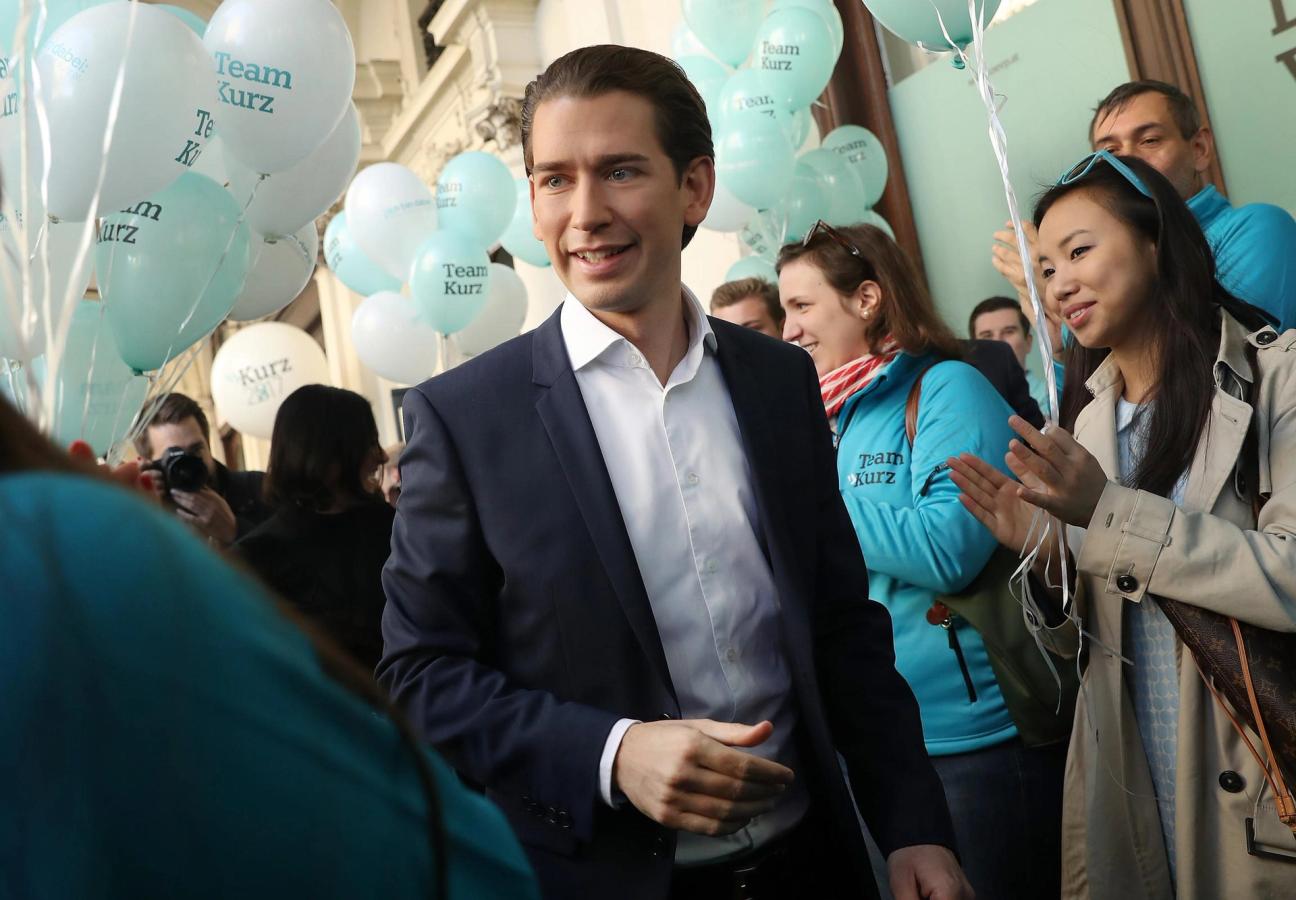
Already nicknamed ‘Wunderwuzzi’ (‘wonder-hotshot’), last May, Kurz was unanimously elected the new leader of his party and threw himself onto an election footing, rebranding his party turquoise (as opposed to horny-black) and modernising fast. His key aide was 38-year-old ex-MEP Elisabeth Köstinger, whose office is alleged to feature a disco ball. In September, she tweeted enthusiastically about how he’d conducted an important campaign interview entirely in emojis.
Two weeks before the election, the Social Democratic party (SPÖ), with whom Kurz’s party had been in coalition, panicked that he was proving too popular. The Schmutzkübel (dirt bucket) was sloshed across Austrian politics. There was an attempt to smear Kurz via Facebook, where doctored images and videos accused him of ‘secretly paving the way for a new wave of immigration from Islamic countries’ and of being in a ‘dubious political network’ with Hungarian billionaire George Soros. It was a strategy that backfired spectacularly.
On 15th October 2017, Kurz’s party won 31% of the vote, beating the SPÖ into second place, and promising coalition talks with the far right Freedom Party (FPÖ). ‘The biggest contradiction is that though Mr. Kurz is by far the youngest western PM to enter public office, he’s been in government since 2011 and he’s running a party which has been in power for 30 years,’ argues Reinhard K. Heinisch, Professor of Austrian politics at the University of Salzburg. ‘Kurz moved to the right as a strategic move because Austrians were preoccupied with the immigration issue. The party hasn’t changed. The old elite and its mechanisms are still there. We’ll see if Mr. Kurz will actually prevail with his agenda.’ So far, Heinisch adds, ‘I don’t see Kurz as substantive – I see him as a communications genius.’
Szyszkowitz agrees that Kurz has managed to present himself as an agent of change, but argues that he’s stumbled into very dangerous political terrain by opting to form a coalition with the FPÖ, which ‘is really the scum of Austrian society,’ in her words. ‘These are people who in their student years went to neo-Nazi exercises in the forests of Austria. This is not a joke. And it seems to me that the severity of that has not totally sunk in. If you look at pictures of the coalition talks they’re all smiling as if they’re having a nice meal together and are discussing what they’ll do for Sunday brunch. They’re actually discussing how they will build a very right-wing coalition which will change the character of Austria for as long as they are in power.’
Internationally, there is particular concern about the FPÖ’s leader, Heinz-Christian Strache. ‘According to eye-witnesses, the findings of the German authorities, and archives,’ the German newspaper Süddeutsche Zeitung has reported, ‘Strache was active in Neo-Nazi circles for years, and was still part of the movement when his FPÖ career began.’
"Already nicknamed ‘Wunderwuzzi’ (‘wonder-hotshot’), last May, Kurz was unanimously elected the new leader of his party..."
Austria is populated by nine million people. It is one of the richest and safest countries in the world. According to Berenberg economist Carsten Hesse ‘the Austrian economy, at the moment, looks really, really good. The unemployment rate has come down around 5.5%. There’s a small budget deficit of around 1%…’
For Brits still mired in miserable growth forecasts after years of austerity, the situation in Austria seems positively utopian. So why are Austrians fuming?
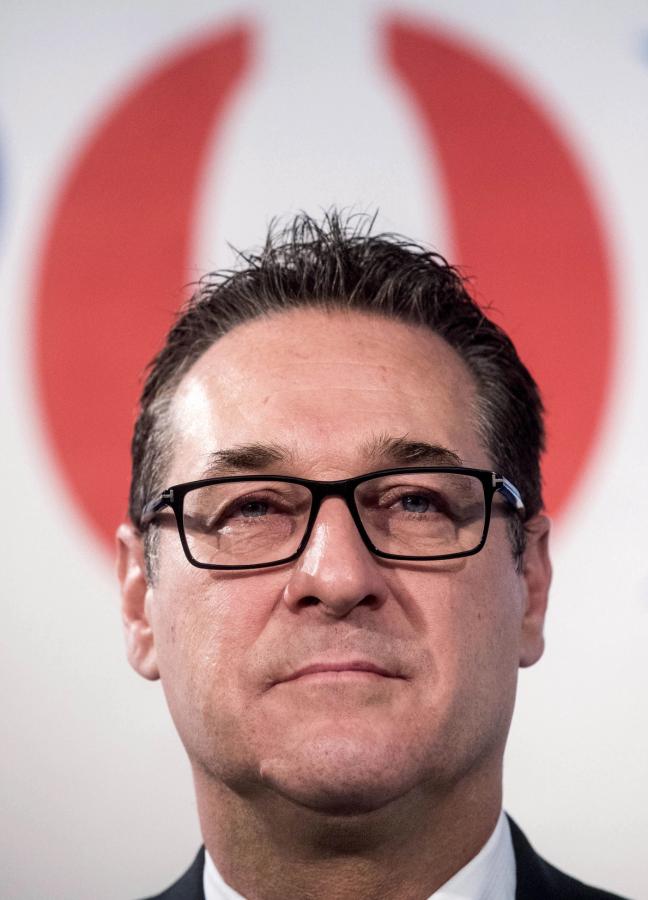
‘Particularly for low earners,’ Hesse adds, ‘there hasn’t been a strong uptake in their earnings over the last decade. Obviously it’s always easy to blame someone else for that. And it was blamed on too much immigration. “There are too many people coming and that’s why…”’
But many think Kurz’s anti-immigrant shtick is not the sole reason for his success. A great deal of Austrians are thought to be keen on shaking up Proporz, the political system invented to ensure stability in Austria after WWII, which many now perceive as responsible for total immobility. ‘The centre left and the centre right party constantly oppose each other,’ Professor Heinisch explains. ‘There’s no sense of change.’ Kurz seemed to promise ‘political momentum’ again.
So far Kurz has proven – much like Donald Trump – extremely adept at appealing to voters who feel disenfranchised. But it’s highly ironic that the only millennial who has so far won power appears to stand for everything his contemporaries abhor. In America, they went wild for septuagenarian Bernie Sanders. Over here, they flocked to wrinkly old socialist Jeremy Corbyn.
‘All the millennials are going for the old lefties,’ says Pepijn Bergsen, lead analyst for Austria at the The Economist Intelligence Unit. ‘Kurz is very much a hard right-y. I’m not sure that young people are his main support base. I think that’s probably middle aged women who see him as the perfect son-in-law. It’s the 45 to 50-year-old ladies who swoon over him.’
Politically, Kurz is a gambler. But it’s the Austrian voters themselves, says Szyszkowitz, who’ve taken all the risk. ‘In Vienna, most of the refugees who came in 2015-6 have been very well taken care of so it was really unnecessary to bring the far-right to power in my view,’ she says. ‘Many Austrians may believe all they’ve done is elect a moderniser… I think they’re lying to themselves. If you move a party to the right you will end up on the right.’
"He’s stumbled into very dangerous political terrain by opting to form a coalition with the FPÖ, which ‘is really the scum of Austrian society'..."
There is also, Professor Heinisch adds, a secondary concern – ‘that the Freedom Party not only has an agenda that is to the right on cultural issues, but that they actually prefer a different kind of democracy – more Swiss-style, where things are decided less in parliament but through the authorisation of the public. That would be a populist democracy and there’s some concern about that.’
Though it may be alarmist to cry that Austria is lurching back into its past, there are many legitimate worries as to where this movement will take the country. Kurz is infinitely more likely to prove a baby Trump than a baby Führer. Either way, there is little to be gained by comparing him to the old guard. This is a new beast entirely.
